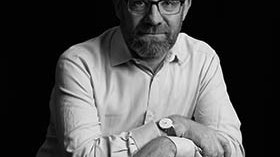Homepage
•
Learning Library
•
Blog
•
Lord Jim Knight describes his dedication to a noble cause
Expand breadcrumbs
Expand breadcrumbs
- Learning Library
- Blog
- Lord Jim Knight describes his dedication to a noble cause
- Homepage
- •
- Learning Library
- •
- Blog
- •
- Lord Jim Knight describes his dedication to a noble cause
Lord Jim Knight describes his dedication to a noble cause
By Julie Randles
October 1, 2015








